At Rocklin Urgent Care, we are equipped to treat a wide range of injuries and acute medical conditions on-site. Whether it’s an abscess, a nosebleed, or the need for an X-ray, we’re here to provide prompt, effective care when unexpected health issues arise. Where a full service urgent care and we can help in multiple ways with many different urgent healthcare issues.
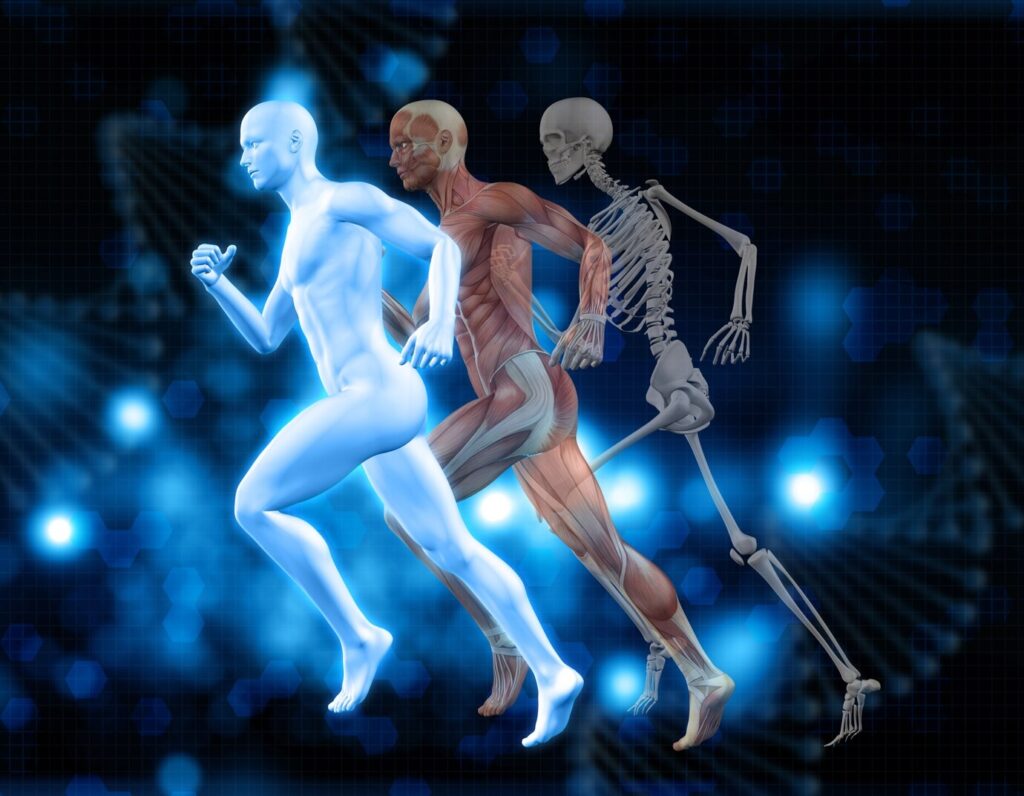

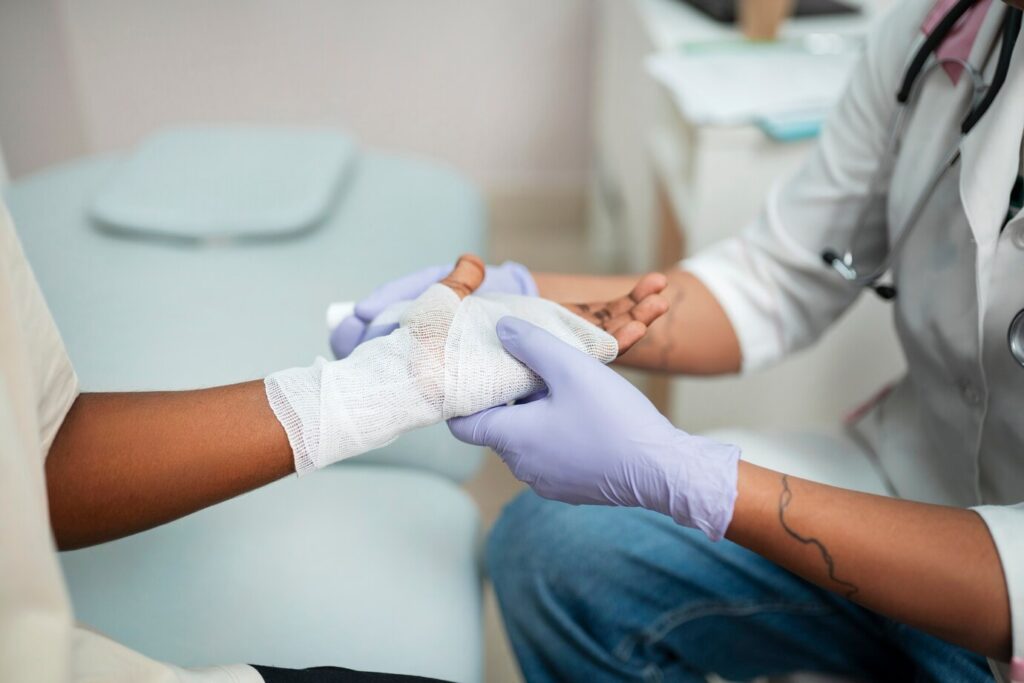


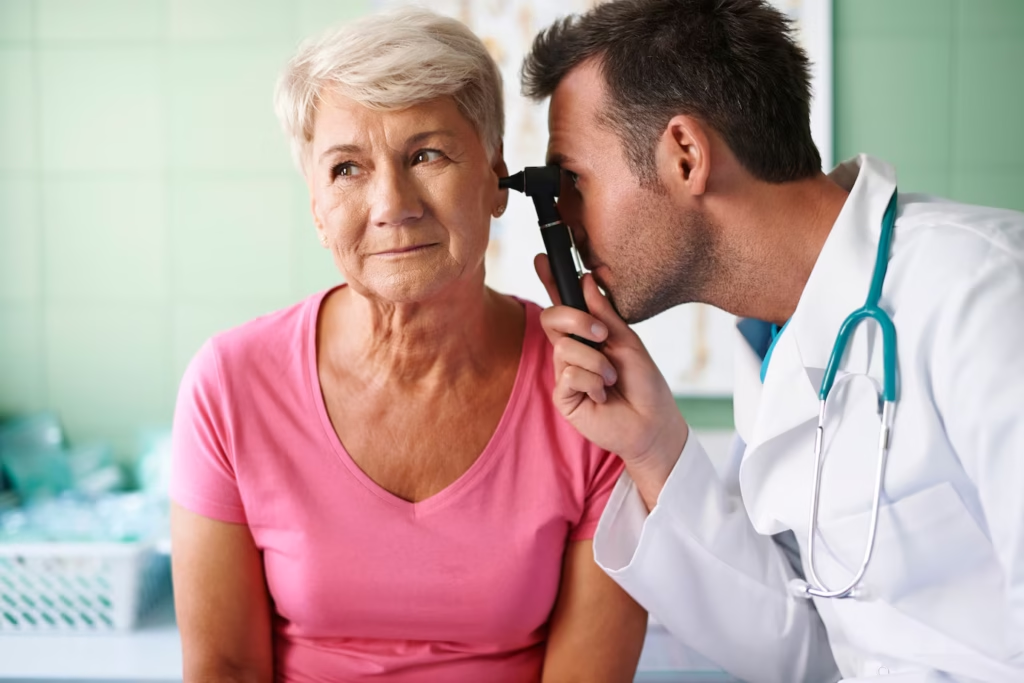
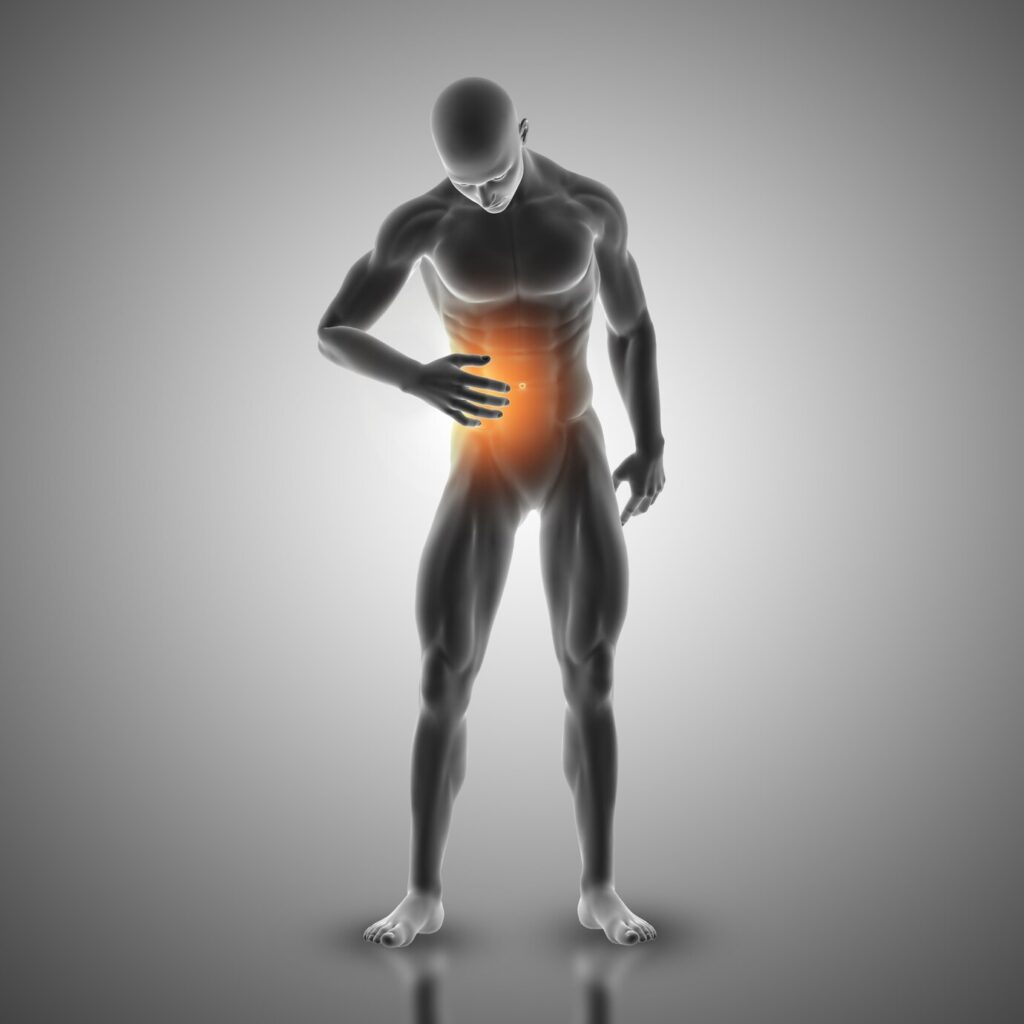

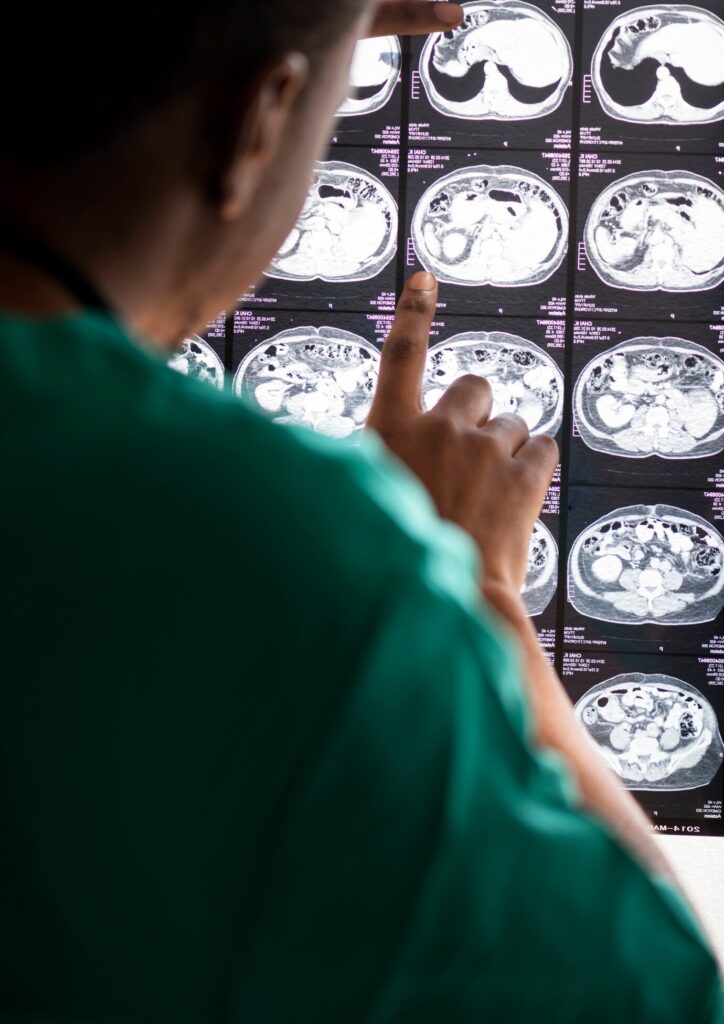
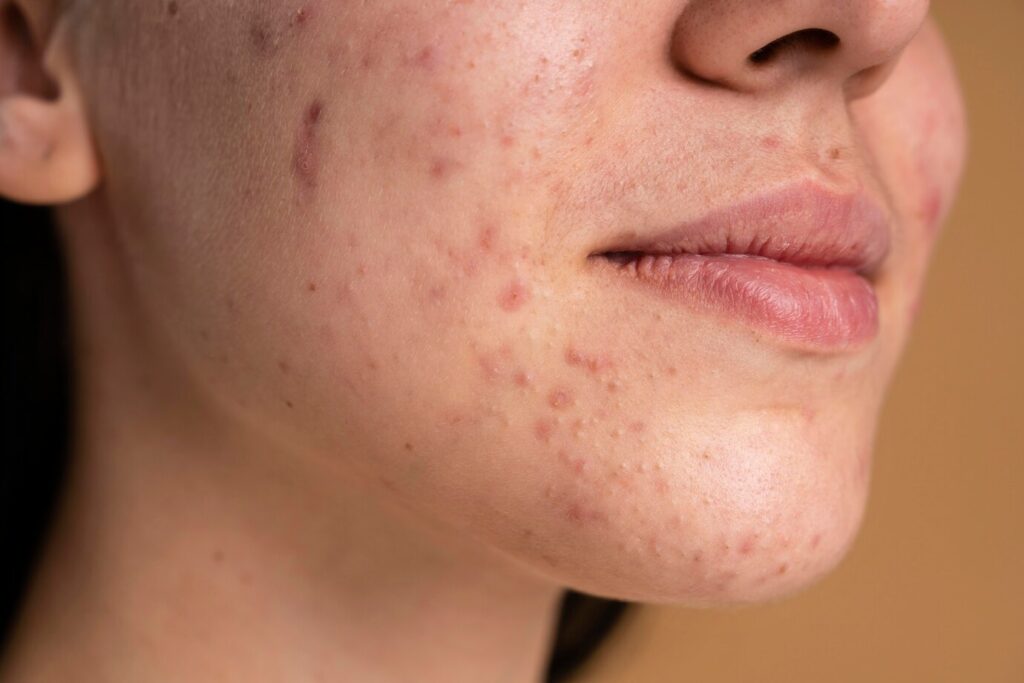



On-site evaluation and supportive care for symptoms like restlessness, chest tightness, or panic that may mimic physical illness.
Initial assessment and short-term management for low mood, fatigue, appetite changes, and loss of interest in daily life.
Immediate support and symptom relief for sudden emotional distress following trauma, crisis, or major life changes.
Rapid intervention and calming strategies for intense episodes of fear, palpitations, and shortness of breath.
Evaluation and guidance for stress-related or mood-related sleep problems, with short-term treatment options.
Initial evaluation for drug or alcohol-related symptoms, with referrals for detox or specialized care.
Supportive care for emotional or behavioral changes triggered by recent stressors like job loss or family disruption.
Evaluation of physical complaints linked to emotional distress, with reassurance and referral when needed.
Compassionate care for emotional pain and loss, including support for overlapping depression or anxiety.
Assessment of emotional instability related to stress, hormones, or possible underlying mood disorders.

Closing cuts and skin tears using stitches, glue, or staples to promote healing and reduce scarring.
Draining abscesses or infected cysts to relieve pressure and treat localized infections.
Stabilizing sprains, fractures, or dislocations with custom or pre-fabricated splints.
Safely removing objects from the skin, eye, ear, nose, throat, or soft tissue.
Evaluation and dressing of first- and second-degree burns to prevent infection and aid healing.
Flushing impacted ear wax to relieve fullness, pain, or temporary hearing loss.
Releasing pressure under a bruised fingernail or toenail due to injury.
Treating ingrown toenails or nail infections by removing part or all of the nail.
Cleaning and bandaging minor wounds, abrasions, or surgical sites to prevent infection.
Removing fluid from swollen joints for pain relief or diagnostic purposes.
Injecting medication into joints to relieve inflammation and pain in conditions like arthritis or bursitis.
Recording the heart’s electrical activity to assess for arrhythmias, chest pain, or heart conditions.
Providing fast-acting respiratory therapy for asthma, bronchitis, or other breathing difficulties.
Delivering supplemental oxygen to patients with low oxygen levels or respiratory distress.
Administering tetanus boosters for patients with wounds or overdue vaccinations.
Closing cuts and skin tears using stitches, glue, or staples to promote healing and reduce scarring.
On-site urine testing to help diagnose infections, dehydration, or kidney issues.
Fast, point-of-care testing for common infectious illnesses.
Placing sterile material into drained abscesses to promote healing and prevent re-closure.
Providing hydration and symptom relief through intravenous therapy when indicated.
WE PARTNER WITH ALL LOCAL LABS LIKE QUEST, LAB CORP AND LOCAL HEALTHCARE SYSTEMS. ORDER MORE EXTENSIVE TESTING FOR YOU AS NECESSARY TO PROVIDE GREAT CARE TO YOUR

Closing cuts and skin tears using stitches, glue, or staples to promote healing and reduce scarring.
Draining abscesses or infected cysts to relieve pressure and treat localized infections.
Stabilizing sprains, fractures, or dislocations with custom or pre-fabricated splints.
Safely removing objects from the skin, eye, ear, nose, throat, or soft tissue.
Evaluation and dressing of first- and second-degree burns to prevent infection and aid healing.
Flushing impacted ear wax to relieve fullness, pain, or temporary hearing loss.
Releasing pressure under a bruised fingernail or toenail due to injury.
Treating ingrown toenails or nail infections by removing part or all of the nail.
Cleaning and bandaging minor wounds, abrasions, or surgical sites to prevent infection.
Removing fluid from swollen joints for pain relief or diagnostic purposes.
Injecting medication into joints to relieve inflammation and pain in conditions like arthritis or bursitis.
Recording the heart’s electrical activity to assess for arrhythmias, chest pain, or heart conditions.
Providing fast-acting respiratory therapy for asthma, bronchitis, or other breathing difficulties.
Delivering supplemental oxygen to patients with low oxygen levels or respiratory distress.
Administering tetanus boosters for patients with wounds or overdue vaccinations.
Closing cuts and skin tears using stitches, glue, or staples to promote healing and reduce scarring.
On-site urine testing to help diagnose infections, dehydration, or kidney issues.
Fast, point-of-care testing for common infectious illnesses.
Placing sterile material into drained abscesses to promote healing and prevent re-closure.
Providing hydration and symptom relief through intravenous therapy when indicated.

Tailored approach based on your health profile, goals, and preferences to promote sustainable weight loss.
Full evaluation of medical history, medications, lifestyle, and risks to ensure safe and effective treatment.
One-on-one guidance from experienced providers to adjust treatment and keep you on track.
See your provider as often as needed, with flexible in-person or virtual appointments.
Regular follow-ups to track weight, lab results, and address any side effects or questions.

Condition | Bring This |
Diabetes | Recent A1C results, blood sugar logs, and list of medications. |
High Blood Pressure | Recent blood pressure readings and medication list. |
Heart Conditions | Cardiologist clearance letter, stress test or echocardiogram results. |
Sleep Apnea | CPAP machine use log/report or sleep study results. |
Neurological Disorders | Specialist’s letter explaining condition and clearance. |
Mental Health Conditions | Current treatment details and psychiatrist/psychologist letter. |
Seizure Disorder (if controlled and under exemption) | Documentation from treating neurologist. |

Complete medical exams required for U.S. immigration, performed by a USCIS-designated civil surgeon.
Accurate and timely completion of the I-693 form, documenting all required medical evaluations for immigration purposes.
Full physical examination to assess overall health status in accordance with immigration requirements.
Detailed review of personal health history, current medications, and prior treatments as part of the immigration process.
Evaluation of immunization records to determine compliance with CDC vaccine requirements for immigration.
Required blood tests (e.g., syphilis, tuberculosis, gonorrhea) are included in the total visit fee with no hidden charges.
Common vaccines such as Tdap, MMR, Varicella, and Hepatitis B available on-site if needed for I-693 compliance.
Chest X-ray provided on-site for patients with a positive TB test or as otherwise required by USCIS guidelines.

We supported local business and we partner with all local businesses to provide excellent employer Services to further the health of their employees and to ensure that there compliant with the guidelines.
Comprehensive health evaluations to ensure candidates meet job-specific physical requirements.
Urine or blood testing to detect the presence of substances for employment or compliance purposes.
On-site lab work including blood tests, urinalysis, and screenings tailored to individual or employer needs.
Certified Department of Transportation exams for commercial drivers to ensure fitness for duty.
Medical evaluations for driver’s license renewals or medical clearance required by the Department of Motor Vehicles.
On-site electrocardiograms to evaluate heart rhythm and screen for cardiac abnormalities.
OSHA-compliant fit tests to ensure proper seal and safety of workplace respirators.
Audiometric screening to detect hearing loss or ensure occupational hearing compliance.
Breath alcohol testing conducted on-site for workplace safety and regulatory compliance.
Digital X-ray imaging for evaluation of injuries, fractures, and certain medical conditions.
Basic vision tests to evaluate visual acuity for school, work, or DMV clearance.
Tuberculosis skin or blood tests for healthcare workers, students, and pre-employment screening.
Functional assessments to determine a candidate’s ability to safely lift and move job-required weights.
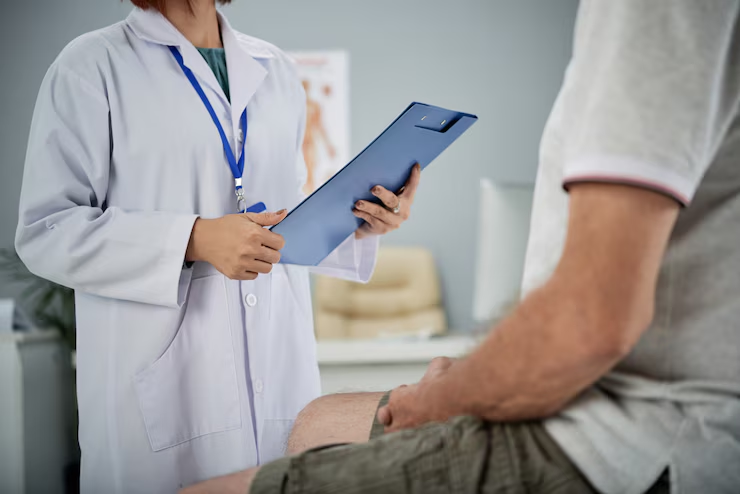
We offer comprehensive family medicine services—including pediatric care—such as sports physicals, flu shots, vaccinations, and more. If you or a loved one doesn’t have a primary care provider, can not get into see your primary care provider or simply needs one of the services listed below, we welcome you to stop by today!
Comprehensive exams to ensure safe participation in school, camp, or scout activities.
Protect yourself and others with up-to-date immunizations for flu, Tdap, and more.
Destination-specific vaccines and health advice to keep you safe during international travel.
On-site intravenous fluids and medications for dehydration, migraines, and more.
Tuberculin skin tests (PPD) with follow-up reading and documentation for work or school clearance.
Administered under supervision to reduce allergic reactions and improve long-term tolerance.
Boost energy, metabolism, and neurological health with quick B12 shots.
Routine monitoring and evaluation of hypertension or medication effectiveness.
On-site heart rhythm testing to assess chest pain, palpitations, or baseline heart health.
In-office freezing or chemical treatments to remove bothersome or contagious warts.
Quick and safe sampling of skin lesions for diagnostic purposes.
Gentle and efficient removal of intrauterine devices for birth control discontinuation or exchange.
Counseling and prescription support for pills, patches, injections, or other birth control options.
Targeted steroid or anti-inflammatory injections to reduce joint pain and inflammation.
Safe irrigation or manual extraction of impacted earwax to restore comfort and hearing.
Confidential testing and treatment for sexually transmitted infections with on-site lab services.
Basic sensory assessments for physicals, school, or job requirements.
Rapid in-clinic testing to evaluate for infection, dehydration, or other urinary concerns.
Short-term prescription renewals for stable conditions when appropriate.
Professional review and feedback on a recent diagnosis or treatment plan.
Coordination of care with local specialists for further evaluation or treatment.